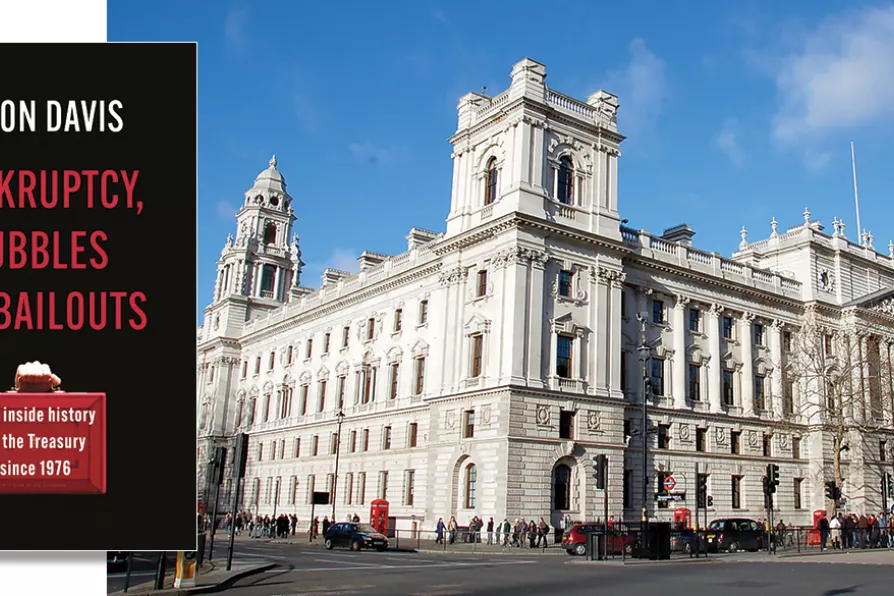TONY BURKE speaks to Gambian kora player SUNTOU SUSSO

 DOGMATIC MONOLITH: The Treasury building in London
[James Stringer/CC]
DOGMATIC MONOLITH: The Treasury building in London
[James Stringer/CC]
Bankruptcy, bubbles and bailouts: The inside history of the Treasury since 1976
by Aeron Davis
Manchester University Press £16.99
THIS is a splendid survey of a key department of state. The Treasury dominates the state machine.
What is its purpose? The record shows that it consistently opposes our national industries, regional development, central planning, and much-needed infrastructure projects.
By contrast it always gives foreign companies incentives to move to Britain — regional development aid, free enterprise zones, free ports. It backs international finance against national industry.

Exempting military expenditure from austerity while slashing welfare represents a fundamental misallocation of resources that guarantees continued decline, argues MICHAEL BURKE

Our groundbreaking report reveals how private rail companies are bleeding millions from public coffers through exploitative leasing practices — but we have the solutions, writes Aslef Scottish organiser KEVIN LINDSAY

When privatisation is already so deeply embedded in the NHS, we can’t just blindly argue for ‘more funding’ to solve its problems, explain ESTHER GILES, NICO CSERGO, BRIAN GIBBONS and RATHI GUHADASAN











